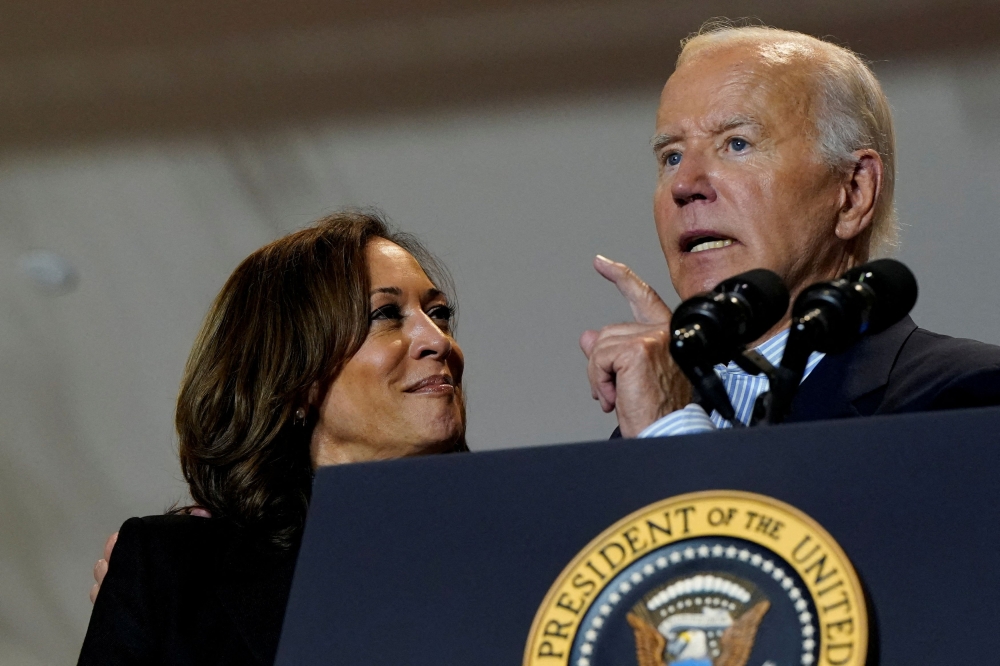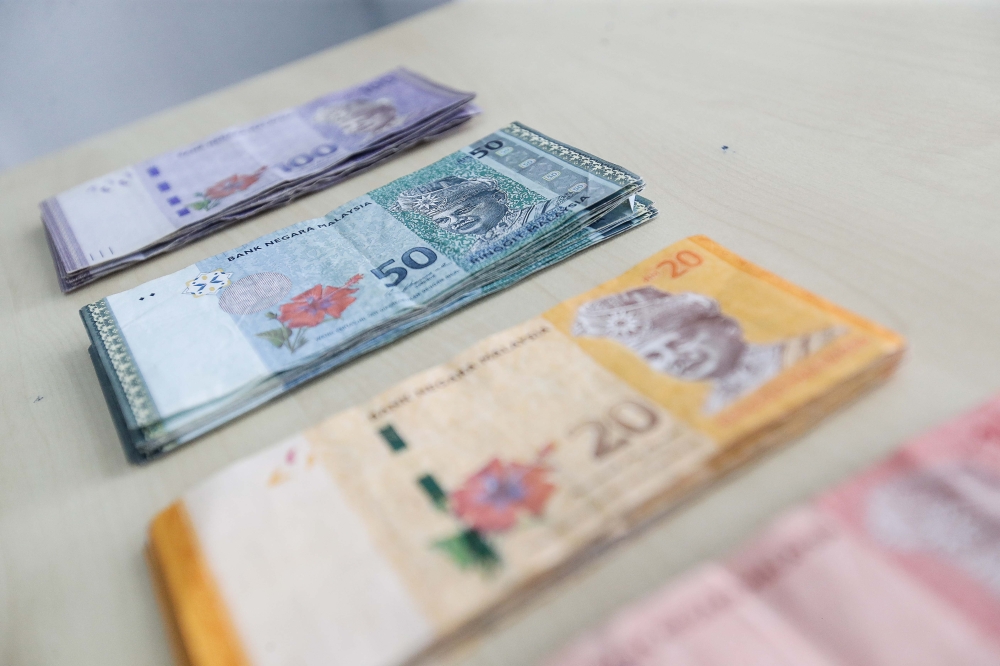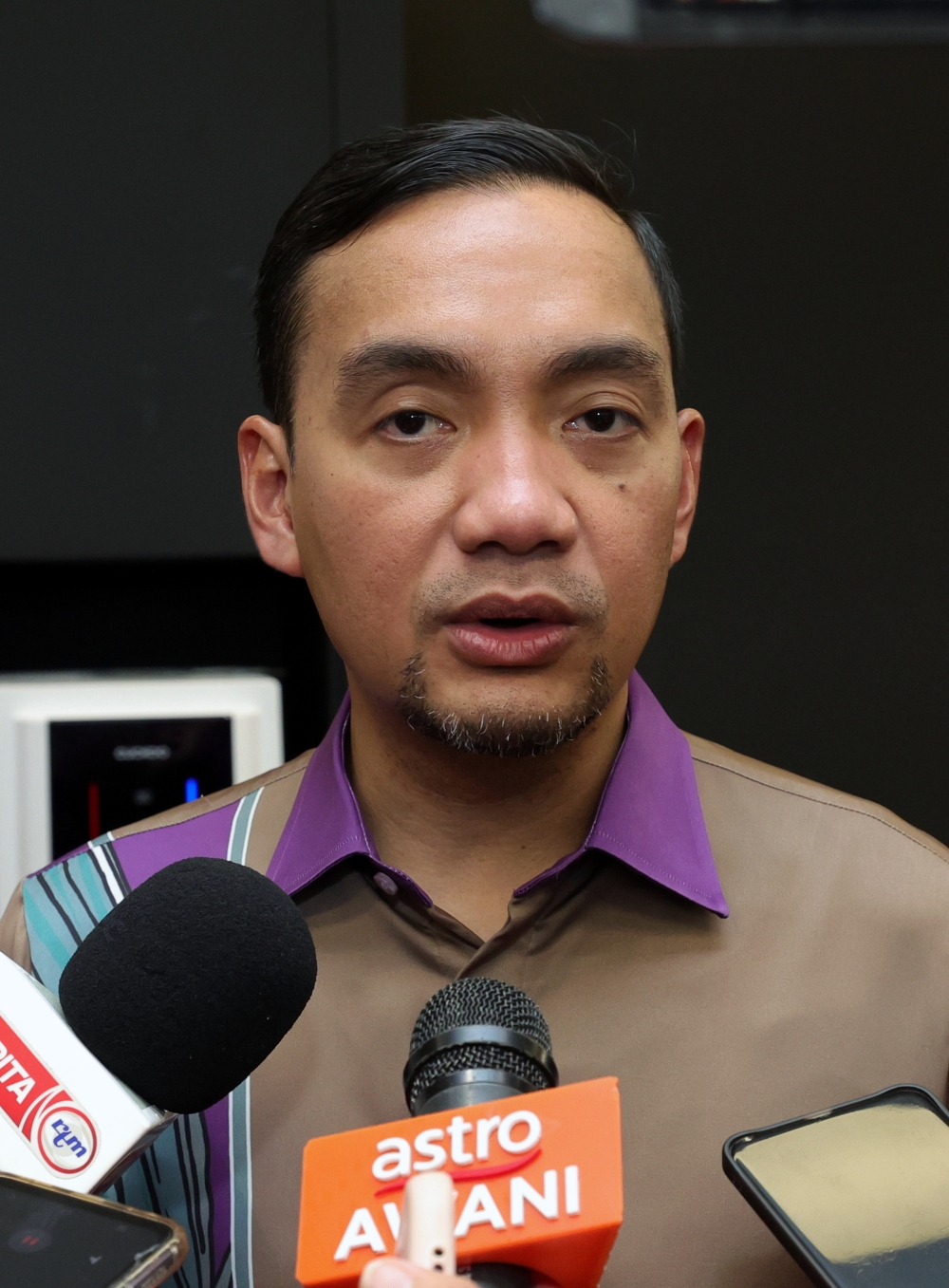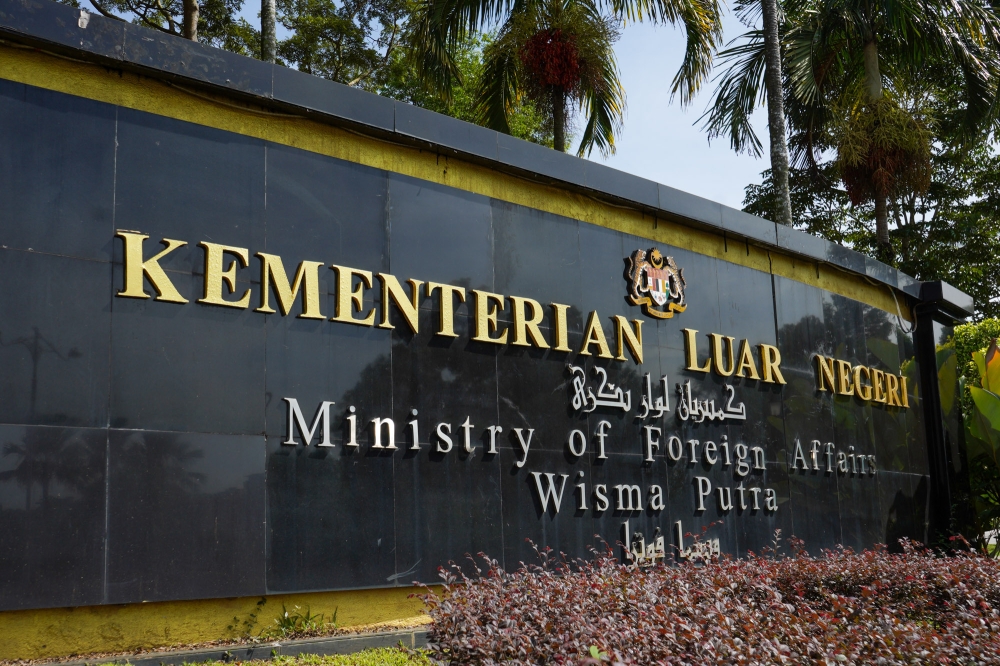NEW YORK, April 5 — Major economies worldwide including the United States are facing challenging times amid an unprecedented confluence of events, including the war in Ukraine and “unparalleled” inflation, JPMorgan Chase Chief Executive Jamie Dimon said Monday.
While prices and wages were rising even before the war, Russia’s invasion of its neighbor has caused a surge in energy prices, and Dimon warned in his annual letter to shareholders, “Along with the unpredictability of war itself and the uncertainty surrounding global commodity supply chains, this makes for a potentially explosive situation.”
The US economy remains strong and hopefully “has Covid-19 in its rearview mirror,” but competing factors facing the world’s largest economy “present completely different circumstances than what we’ve experienced in the past — and their confluence may dramatically increase the risks ahead.”
Dimon praised the Federal Reserve for making clear that it will raise interest rates as much and as fast as needed to contain inflation, while also starting to reduce its massive bond holdings.
US consumer price inflation jumped 7.9 per cent in February compared to a year earlier, and the Fed last month raised the benchmark lending rate off zero for the first time since the start of the pandemic in March 2020.
Dimon wrote that he doesn’t envy the central bank, which “needs to deal with things it has never dealt with before (and are impossible to model).”
In the wide-ranging, nearly 50-page document, Dimon offered his prescriptions for American political and economic issues and geopolitical challenges, including relations with Russia and China, and also outlined his bank’s strategies.
He argued that US industries will have to restructure supply chains to improve resilience and protect national security.
“You simply cannot rely on countries with different strategic interests for critical goods and services,” he said, adding that change could take place over time to avoid disruption.
He also called on the United States to boost energy production and help Europe wean itself off Russian supply with a new “Marshall Plan.”
JPMorgan’s economists forecast Russia’s GDP will contract by 12.5 per cent by midyear — worse than the drop after its 1998 debt default — while the euro area’s growth will be cut in half to about two per cent, and the United States will see a 2.5 per cent expansion, though Dimon warned those estimates are highly uncertain. — AFP
















.JPG)





